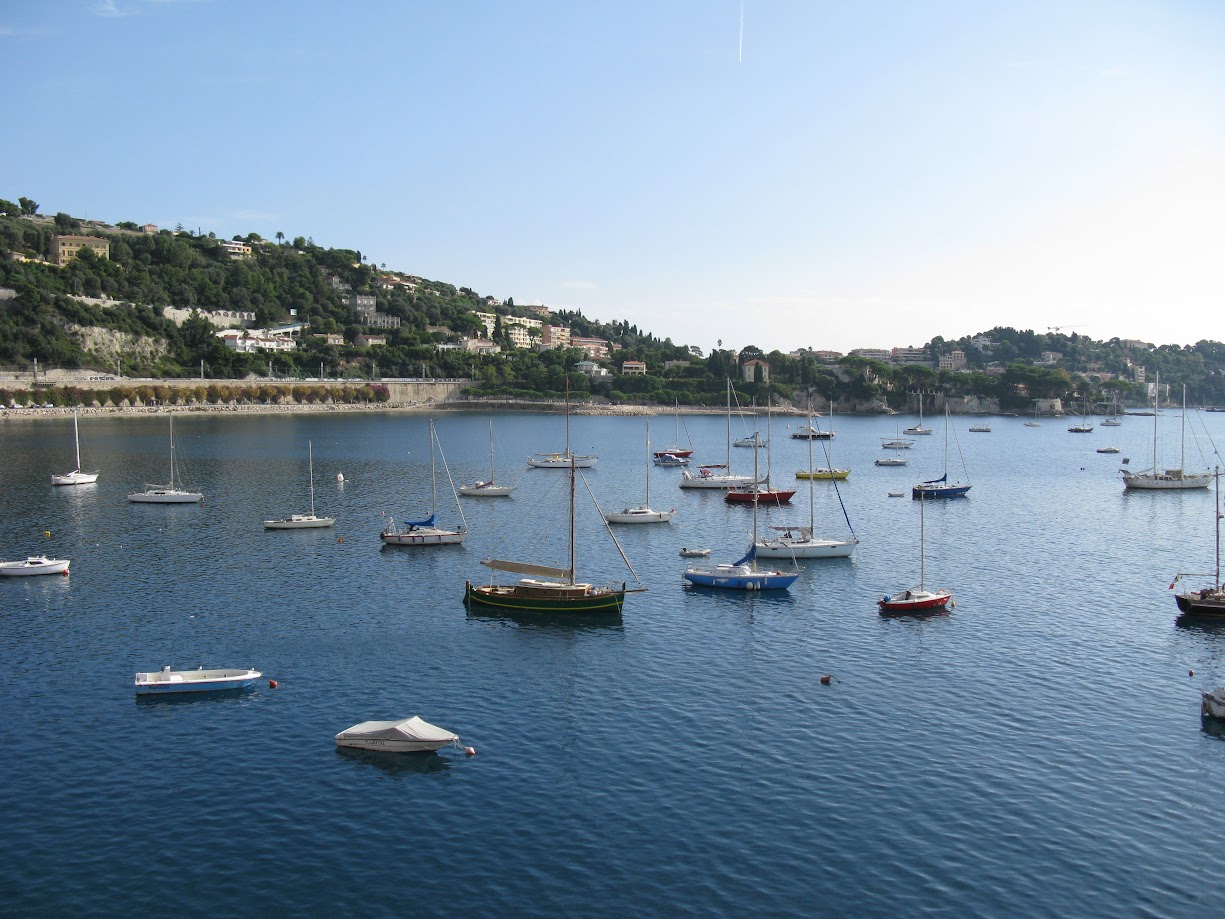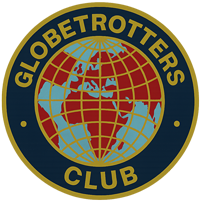Tag: April 2004
-
Letter from Cascais, Portugal by Sally
In this, Sally talks about her return to the UK for Christmas 2003 after having started a new life in Portugal. It was very strange to be back in the
-
Meeting News from London
London meeting 3rd April 2004 by Padmassana John Douglas was our first speaker this afternoon, who showed us Norway’s Arctic Highway which begins life further south as the E6. John's
-
Funny Signs by Mac
Mac is not responsible for finding these signs, he saw them on the internet and thought they may be amusing for readers of the Globetrotters e-newsletter. Please, no complaints about
-
Meeting News from New York
Liz and Josh Ferber presented slides and talked about Australia and New Zealand. June 5th: Amy Gissen – still to be decided – but will probably be talking about Cambodia
-
Volunteer Spotlight Youth Services with Iko Poran, Brazil
Iko Poran society is a Brazilian association of private non-profit , non-political, non-denominational organizations guided by the principles of democracy. The mission of our organization is to promote volunteer programs
-
Meeting News from Ontario
For information on Ontario meetings, please contact Svatka Hermanek: shermanek@schulich.yorku.ca or Bruce Weber: tel. 416-203-0911 or Paul Webb: tel. 416-694-8259. Meetings are held on the third Friday of January, March,
-
Mac's Travel Tips
We are sorry to say that Mac is not very well, but he is still e-mailing strong and recently sent the Beetle a collection of Mac reminiscences about some of
-
Meeting News from Texas
On Saturday May 9th Wayne Stevenson Thomas from the International Cooperative Exchange Network, SERVAS gave a talk at the Texas branch of the Globetrotters Club. SERVAS was established in 1948
-
Our Friends Ryanair
Director of Ryanair.com Conal Henry announced proudly: ‘Ryanair is the ONLY airline that provides access to all European Grand Prix destinations – all other airlines are the pits!!’ According to
-
An Insider's Guide to Thailand by Randy Gaudet
I have been living in Thailand since 1989. I have travelled extensively throughout the Kingdom and wanted to share my wonderful experiences of Thailand with others. I talked with many
-
Answers to the Flags Quiz
Answers to the Flags Quiz Burma Canada Denmark Gibraltar Japan
-
GPS and Geocaching by Padmassana
Many globetrotting travellers now regularly carry a GPS (Global Positioning System) with them when they travel. These superb little handheld devices can be bought for as little as £100, though

